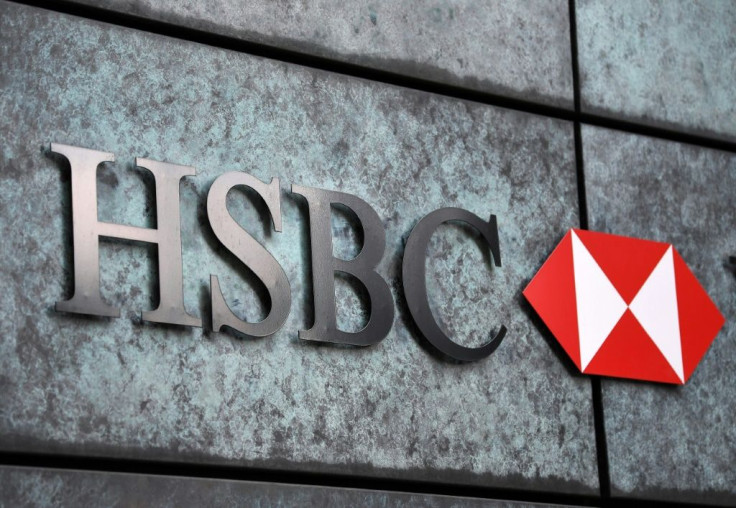Recovering HSBC Bank Announces Mega Share Buyback
HSBC on Monday announced bumper profits and plans to repurchase shares worth up to $2.0 billion as the Asia-focused bank recovers from pandemic fallout.
HSBC endured a tumultuous 2020 like the rest of the banking sector as the virus outbreak rocked the economy, while last year the lender triggered a restructuring programme to slash 35,000 jobs as it refocuses on its most profitable areas in Asia and the Middle East.
The London-headquartered bank on Monday said net profit nearly tripled in the third quarter of this year to $3.54 billion (3.0 billion euros), helped by the release of unused provisions set aside for bad loans during the pandemic.
"While we retain a cautious outlook on the external risk environment, we believe that the lows of recent quarters are behind us," said chief executive Noel Quinn.
"This confidence, together with our strong capital position, enables us to announce a share buyback of up to $2 billion, which we expect to commence shortly," he added in the results statement.
HSBC shares rose 1.5 percent in afternoon London deals.
"The company is... feeling sufficiently flush, having stored up more funds than it needed to withstand the pandemic, to return cash to shareholders through a big share buyback," noted AJ Bell investment director Russ Mould.
HSBC added that pre-tax profit more than doubled in the July-September period to $5.4 billion from a year earlier.
"HSBC has flexed its financial muscles as it continues to emerge from the horror show of 2020," said Richard Hunter, head of markets at Interactive Investor.
The bank makes 90 percent of its profit in Asia, with China and Hong Kong the major drivers of growth.

In February it published a new strategy laying out plans to redouble its attempt to seize more of the Asian market.
HSBC wants to seek out more fee-based income, especially via wealth management for Asia's increasingly affluent.
It is also hopeful of a significant boost to income thanks to the prospect of higher interest rates amid surging global inflation.
"We're seeing strong progress on our transformation, strong progress on growth," Quinn told reporters on a conference call.
"'I'm really excited about the months ahead," he said, adding that the bank was in a "strong position going into 2022".
Earlier this year, HSBC sold its 90 branches in the United States and completed a long-running disposal of its unprofitable French retail business.
While all banks were hit hard by the coronavirus pandemic, HSBC also had to deal with another added wrinkle -- geopolitical tensions.
HSBC's historical and present-day connections to China are both its major selling point and a source of vulnerability.
It has found itself more at risk than most global banks to the increasingly frayed relationship between China and western powers -- especially after Beijing imposed a draconian security law on Hong Kong last year.
HSBC endorsed the security law, a move that led to criticism from lawmakers in Britain and the United States, and has frozen the accounts of some Hong Kong democracy activists at the request of local authorities.
At the same time the lender has found itself called out by Chinese state media for providing information that helped lead to the arrest in Canada of a top Huawei executive.
HSBC says it has to obey the laws in each jurisdiction it operates in.
© Copyright AFP 2024. All rights reserved.





















